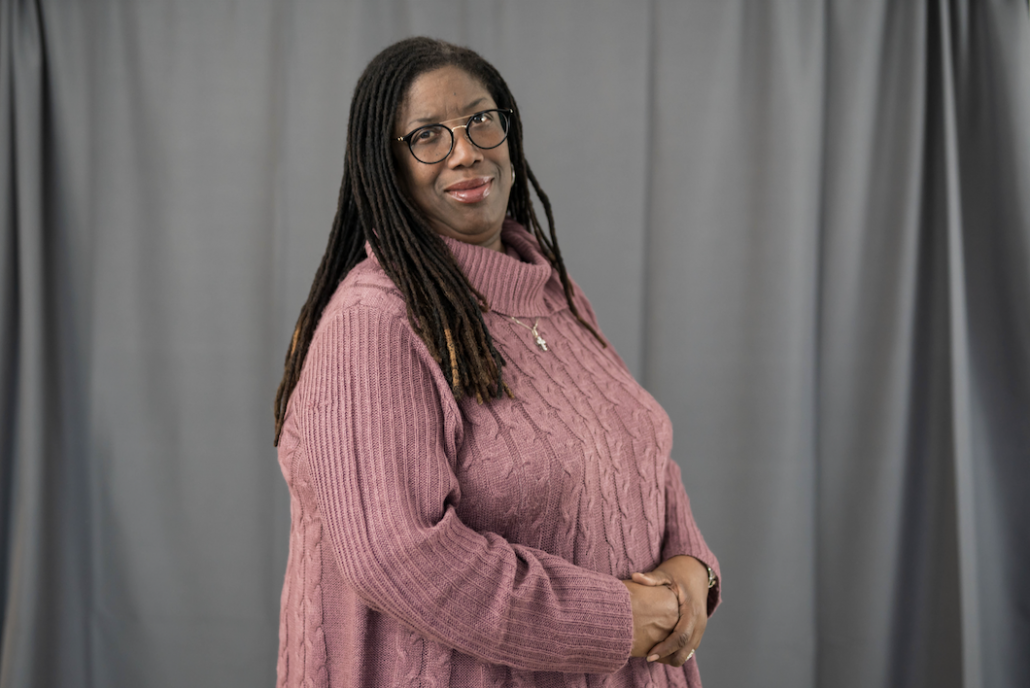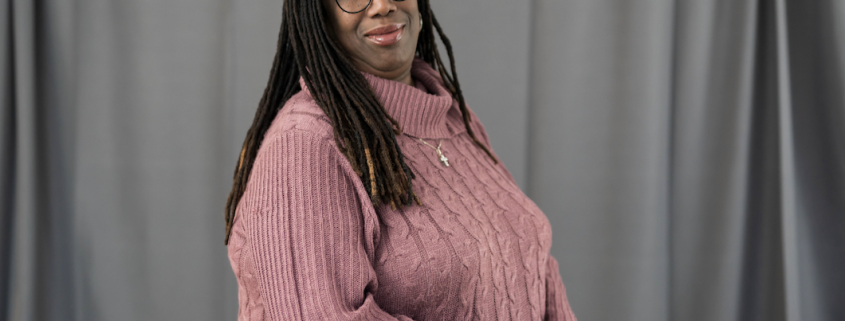RSVP director Brenda Ingram fights sexual stigma

The day after Brenda Ingram was hired to serve as director of USC Relationship and Sexual Violence Prevention and Services, the Los Angeles Times broke the story of former campus gynecologist George Tyndall.
“That told me that USC had a need for [these] services,” she said. “For me, this was the best time to come to USC.”
Since then, Ingram said she has been working to increase the visibility of RSVP on campus. She hopes to create open spaces for students to have safe and honest conversations regarding sexual consent.
“We will sell a hamburger [using] sex but won’t talk about sex,” Ingram said. “Sex is a natural part of life. Just like the air we breathe and the food we eat, it’s a part of the life cycle, but we don’t talk about it. That’s a part of the culture here in the United States.”
Ingram has been working with sexual and domestic abuse survivors for decades, beginning with her undergraduate studies at UCLA, where she received a degree in psychology. She then went on to complete a graduate degree in social work from Sacramento State University, and a doctoral degree in education from the University of Phoenix.
For one of her first internships, Ingram worked at the women’s county jail in Sacramento, where she was exposed to the trauma caused by sexual and domestic violence. She credits this experience as one of the first moments during which she understood the pattern of abuse and the lasting impact it can have on a person’s life.
“My role as an intern was to provide re-entry services and support women into the community,” she said. “So as I listened to their stories, all of them told the stories of how someone in their families had sexually abused them.”
Shortly after, she began working with the Berkeley Police Department, where she served as a liaison to the domestic women’s shelter and helped with cases of family violence.
When Ingram returned to Los Angeles, she began working in emergency psychiatry, where she noticed that the people with the highest rates of psychiatric emergencies were also trauma survivors. She also noticed that members of marginalized communities, such as people of color and those who come from low-income backgrounds, had higher rates of trauma.
“If you are poor and black, you’ve got two strikes,” Ingram said. “If you’re a poor black woman, you’ve got three strikes. It has a lot to do with racism and classism … the deck, societally speaking, is stacked against you.”
She began to ask herself how to break these patterns of abuse, and what she could do to help end the cycles of trauma.
“Rape culture is what keeps people silent when these happen,” she said. “If women don’t think that the powers that be are going listen to them, then they are not going to report.”
As RSVP director, Ingram hopes to bring an inclusive perspective. In addition to improving the relationship between RSVP and campus cultural and leadership organizations, Ingram said she is training the LAPD officials to help them become more sensitive with issues of sexual assault by having them understand their unconscious biases.
“For young women of color who are students on this campus, to see someone like Brenda be in the position she’s in, it kind of creates safer spaces for us to address issues of intersectionality when it comes to our experiences on this campus,” said Sahar Pirzada, a third-year graduate student studying social work.
In the upcoming weeks, RSVP and the University are conducting an initiative called Bringing in the Bystander, in which they will train student leaders, faculty and staff on how to intervene if they see sexual violence on campus.
“I think the collaborations are important to make sure that we’re being mindful of how these conversations can land with survivors in our communities,” Pirzada said. “But I think it’s also about having the events on campus … to make [the services] accessible to the campus community.”
Next fall, RSVP will be training incoming freshmen on affirmative consent, which will teach students how to ask for sex, what consent is and how to be respectful sexual partners. Ingram hopes to help usher in a new era where students are more informed about sexual safety on campus.
“My goal is to make you comfortable talking about sex,” she said. “Because we until we get comfortable talking about sexual relationships, we’re not going go to anywhere stopping sexual assault.”
This story is part of the Daily Trojan’s special coverage for Black History Month. It will run periodically throughout February.

